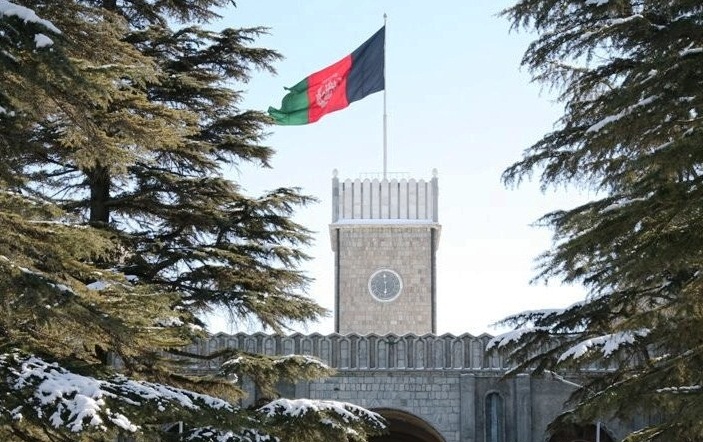The so-called National Unity Government is said to have lost legitimacy, creating problems that have encouraged some politicians and lawyers to give advice how to get out of the ‘current crises’.
The government was shared between the two front-runners in the 2014 presidential runoff in which none of them could secure the votes to get the position. As the country was going to witness a new era of insecurity and instability (Abdullah Abdullah had threatened to form a parallel government), the US secretary of state John Kerry convinced them in Kabul to form a unity government with Ashraf Ghani as the president, while Abdullah gained a newly established post, the chief executive (something like prime minister).
The government’s term was planned for two years, according to the agreement signed in September 2014. Now, after two years, it is said that the post of chief executive has been ended. Some politicians urge to call a Loya Jirga which can bring amendments in the constitution and create the position of prime minister.
Others believe that the prime minister post not only could solve the existing problems, but would add some more.
In the meantime, the supporters of Abdullah argue that president Ghani has lost legitimacy too, because the agreement was about the whole government, not only about the chief executive.
The country and people have been already struggling dozens of social, political, economic and security problems. The leaders of the government are asked to think how to overcome such huge problems.
The two leaders as showed in the past two years can not work together with two different ideas, different supporters as well as different plans. It is also proved and cleared that these two men can not run the government lonely either, because one’s supporters are not ready to cooperate with another.
People of Afghanistan are absolutely exhausted with the long-term instability and joblessness problems, and they can not tolerate another problem likely risen by the disaccord between Ghani and Abdullah either in continuing the unity government or in their division and the emergence of a new political system.
The elites of politics as well as our international friends are kindly requested to have a basic thought for the future of Afghanistan. Billions of dollars paid by the international community is spent, but people have witnessed no bright positive change.
If the prime minister post is thought to be good for the future of the country, then it is welcomed and if not, whatever our elders consider better, people welcome that.
The only thing the Afghans as the people of this country want is the establishment of a lasting peace and stability.
 Afghanistan Times
Afghanistan Times




